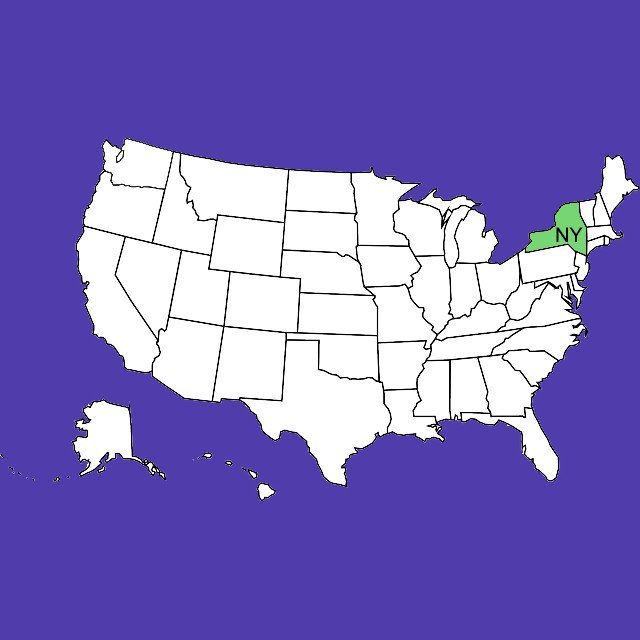This post focuses on New York’s Cannabis Equity Plan and provisions in New York’s Marijuana Regulation and Taxation Act (MRTA) designed to promote Social and Economic Equity Applicants. As with our recent NY cannabis posts, I’ve included the relevant MRTA section (§) to help you locate the specific statutory language that I’m referencing (use <cntrl-F> to find it quicker).
Purpose
The purpose of New York’s Equity Plan is:
to actively promote applicants from communities disproportionately impacted by cannabis prohibition, and promote racial, ethnic, and gender diversity when issuing licenses for adult-use cannabis related activities, including mentoring potential applicants, by prioritizing consideration of applications by applicants who are from communities disproportionately impacted by the enforcement of cannabis prohibition or who qualify as a minority or women-owned business, distressed farmers, or service-disabled veterans. (§ 87-1)
Defining Equity Applicant
So, who qualifies as an Equity Applicant? New York’s Cannabis Control Board (CCB) will determine the specific criteria for Equity Applicants, but we can expect it will track MRTA’s statutory purpose and definitions. MRTA defines each of the bold terms above. For example:
- Communities disproportionately impacted means: a history of arrests, convictions, and other law enforcement practices in a certain geographic area, such as, but not limited to precincts, zip codes, neighborhoods, and political subdivisions, reflecting a disparate enforcement of cannabis prohibition during a certain time period, when compared to the rest of the state (§ 87-3(g))
- A minority-owned or women-owned business is one that is at least 51% owned by one or more minority group members or women, in which such ownership is “real, substantial and continuing” and exercises “the authority to control independently the day-to-day business decisions” of the business (§87-5(a))
- A minority group member is a person who is Black, Hispanic, Native American, Asian and Pacific Islander (§87-5(b)(i-iv))
“Extra priority” is to be given to an Equity Applicant who: (1) is a member of a community disproportionately impacted by the enforcement of cannabis prohibition, (2) has an income lower than eighty percent of the median income of the county in which the applicant resides, and (3) was convicted, or had a family member who was convicted, of a marijuana-related offense (§ 87-3).
Equity Plan
The Equity Plan has several different features. MRTA directs the CCB to:
- prioritize Equity Applicants with the goal of awarding 50% of adult-use cannabis licenses to Equity Applicants (§§ 10-2, 87-2)
- award licenses in a manner that considers small business opportunities, avoids market dominance, and “reflects the demographics of the state” (§ 10-2)
- establish criteria for granting microbusiness, delivery, and nursery licenses that promotes Equity Applicants (§§ 73-3, 74, and 75)
- waive or reduce fees for Equity Applicants (§63-3)
- assist in making low interest or zero-interest loans to qualified Equity Applicants (§§ 10-14 and 16-ee)
- make recommendations regarding the taxation of adult-use cannabis to promote and encourage Equity Applicants (§10-17(h))
- create an “incubator program” to encourage Equity Applicants to apply for adult-use cannabis licenses and to support Equity Applicants through counseling services, education, small business coaching, financial planning and compliance assistance (§ 87-4)
And to prevent the Equity Plan from being exploited or misused, MRTA prohibits the transfer of licenses from Equity Applicants to non-Equity Applicants for 3 years (§ 87-7).
Chief Equity Officer
The Chief Equity Officer is responsible for developing and implementing the Equity Plan (§ 12-1) and establishing public education programming and resources for potential Equity Applicants (§12-2). Starting in January 2023, the Chief Equity Officer will issue an Annual Report detailing activities to ensure compliance with the Equity Plan (§12-3).
The CCB will appoint the Chief Equity Officer. While no announcement has been made yet, we are seeing progress on this front. Earlier this month Tremaine Wright and Christopher Alexander were confirmed as Chair of the CCB and Executive Director of the Office of Cannabis Management.
You can contact Ramsey Chamie at info@gl-lg.com or 503-488-5424.





